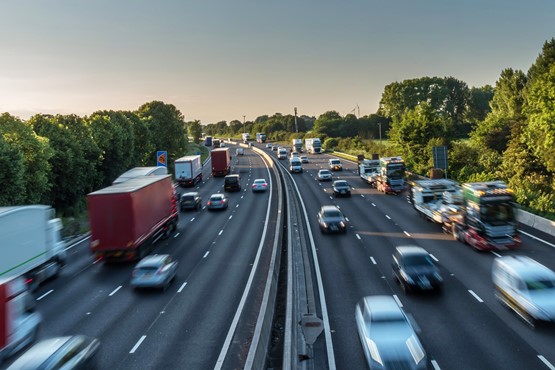- Joined
- Jun 24, 2008
- Messages
- 49,533
- Location
- London
- Car
- 2022 Hyundai IONIQ 5 RWD / 2016 Suzuki Vitara AWD
Did they assume it was zero?
Or did they assume that, at that point, it just looked like another severe respiratory disease outbreak? Except that this one was better televised?
To this day we still don’t have numbers for the harms caused to the under 25’s, not to the very old by the epidemic. We can measure the enormous ridiculous cost to Europeans, but does the public notice how much the response cost it?
Was it better to lock up and isolate those about to die within the next couple of years “for their own good?” Different opinions exist.
And then there’s the suicides and social harms
The underlying issue is that focusing on the numbers instead of the issue itself is an age-old deflection technique often used in debate.
A current-affairs example is the Israeli-Palestinian conflict:
When a pro-Israeli spokesperson is asked about the 27,000 (and counting) Palestinian deaths in Gaza since 7 October, they often reply: according to who? According to the Hamas-run Ministry of Health. Do you believe them? And how many of these deaths are Hamas terrorists? And how many of them were killed by failed Hamas rockets?Etc. the discussion is then rerouted to the reliability of the data and no one talks anymore about the fact that whichever way you count the deaths, it is indisputable that thousands of civilians were killed and wounded by the massive IDF attacks on Gaza, many of them children.
Then, when a pro-Palestinian is asked whether they condemn the killing of 1,200 Israelis in the 7th October attack, they will often reply: according to who? According to the IDF? We don't believe them. And, some of the people killed were shot dead by Israeli troops. And many of them were soldiers. And so on. At this point the debase becomes about the numbers, totally ignoring the indisputable fact that hundreds of Israeli civilians, including elderly, women, and children, were tortured, raped, burned alive, mutilated and subjected to other horrific atrocities committed by the Palestinian invaders on 7th October.
And so... we can argue from now until the cows come home about the exact number of children suffering from Asthma and people developing cancers due to poor air quality, and conveniently ignore that fact the regardless of the actual figure, we are talking about thousands and thousands of people suffering from preventable diseases and premature deaths across the UK as result of air pollution in city centres and near busy roads.




